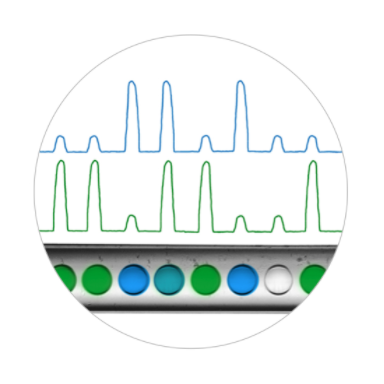
Mini-symposium on digital PCR
May 15, 2018
09:30 - 16:15
Auditorium E (entrance 32), campus UZ Ghent, Corneel Heymanslaan 10, 9000 Ghent
See the program Register
May 15, 2018
09:30 - 16:15
Auditorium E (entrance 32), campus UZ Ghent, Corneel Heymanslaan 10, 9000 Ghent
See the program Register
| 09:30 - 10:00 | Welcome coffee | |||
| 10:00 - 11:55 | Morning session | |||
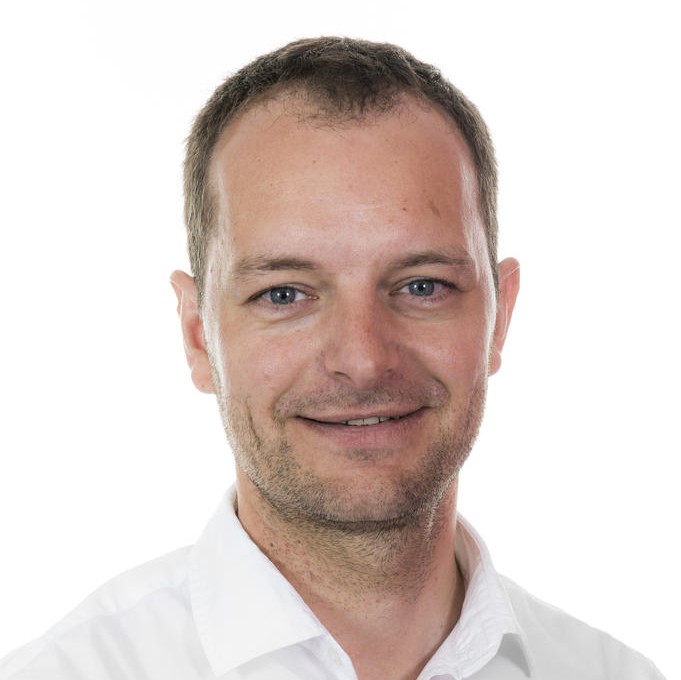 | 10:00 - 10:10 | Jo Vandesompele (Ghent University, CRIG) Welcome | ||
 | 10:10 - 10:55 | Jim Huggett (LGC and University of Surrey, UK) Unprecedented Reproducibility and Accuracy, arguably dPCRs main offering to Diagnostic testing Digital PCR enables absolute counting of DNA molecules using limiting dilution across large numbers of small reactions (termed partitions). dPCR has been heralded as allowing precise quantification, high sensitivity rare variant and haplotype analysis not achievable with qPCR. But dPCR has another more subtle strength; its absolute counting method is unique in molecular biology and has the potential to facilitate highly reproducible measurement without the need for a calibration curve. Furthermore, if dPCR is able to accurately count the molecules present it has the potential to be an SI traceable approach: potentially the first higher order reference method available in molecular biology. This presentation will discuss dPCR accuracy, present some of the work that has been performed in investigating this idea and outline what this could mean for advancing the field molecular diagnostics. | ||
 | 10:55 - 11:25 | Isaac Garcia-Murillas (Institute Cancer Research, ICR) Multicolour Digital PCR for ctDNA detection in breast cancer | ||
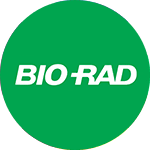 | 11:25 - 11:55 | Koen De Gelas (Bio-Rad) Clinical Utility of Droplet ddPCR, moving to diagnostics | ||
| 11:55 - 13:00 | Break for light lunch and exhibitors | |||
| 13:00 - 14:00 | Afternoon session part 1 | |||
 | 13:00 - 13:15 | Matthijs Vynck (Ghent University) Digital PCR data analyis: Quality control, sources of variation and sample size calculations | ||
 | 13:15 - 13:30 | Olivier Thas (Ghent University, CRIG) Digital PCR data analyis: A flexible framework for absolute and relative quantification and CNV | ||
 | 13:30 - 13:45 | Wim Trypsteen (Ghent University) Digital PCR in HIV reservoir quantification: From research to diagnostic platform | ||
 | 13:45 - 14:00 | Antoon Lievens (European Commission Joint Research Center, Geel, Belgium) From real time PCR to digital PCR: method transfer guidelines and performance parameters | ||
| 14:00 - 14:30 | Coffee break | |||
| 14:30 - 15:30 | Afternoon session part 2 | |||
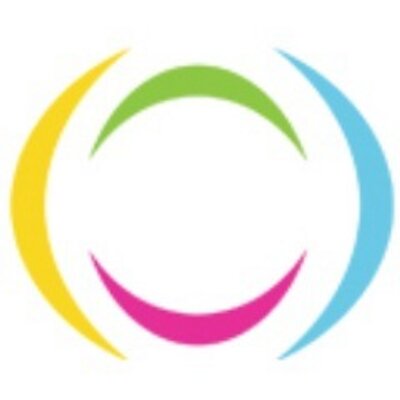 | 14:30 - 14:50 | Anneleen Beckers (Biogazelle) Mutation analysis in cell-free DNA from cancer patients | ||
 | 14:50 - 15:05 | Sarah Buelens (Ghent University Hospital, CRIG) Prognostic and therapeutic implications of circulation androgen receptor gene copy number in prostate cancer patients using droplet digital PCR | ||
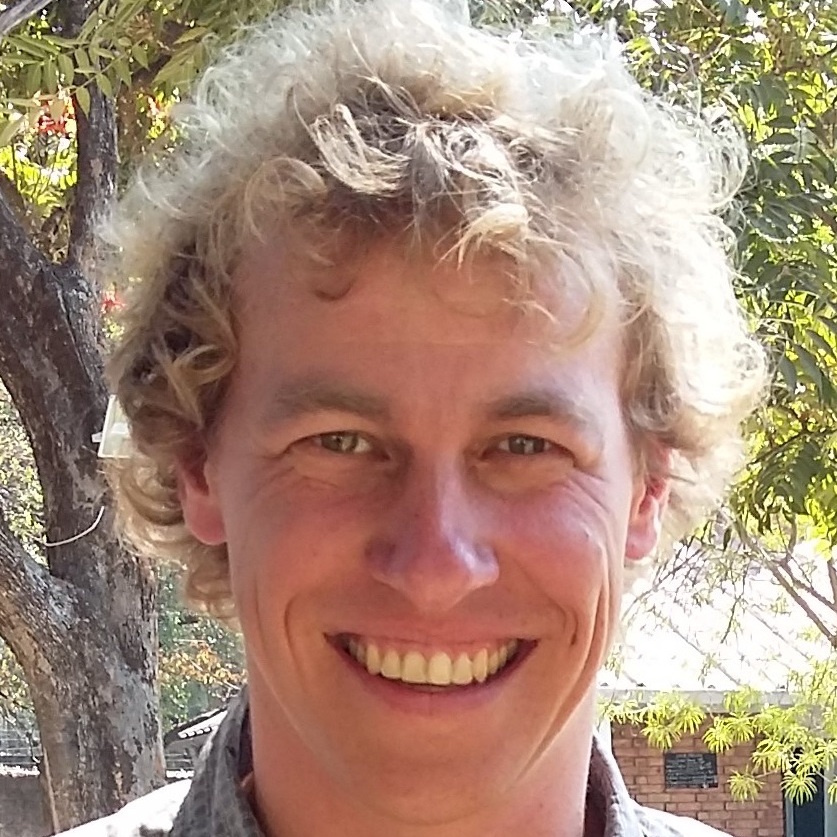 | 15:05 - 15:20 | Ward De Spiegelaere (Ghent University, CRIG) Considerations for absolute DNA and RNA quantification by dPCR, lessons learned from HIV reservoir quantification | ||
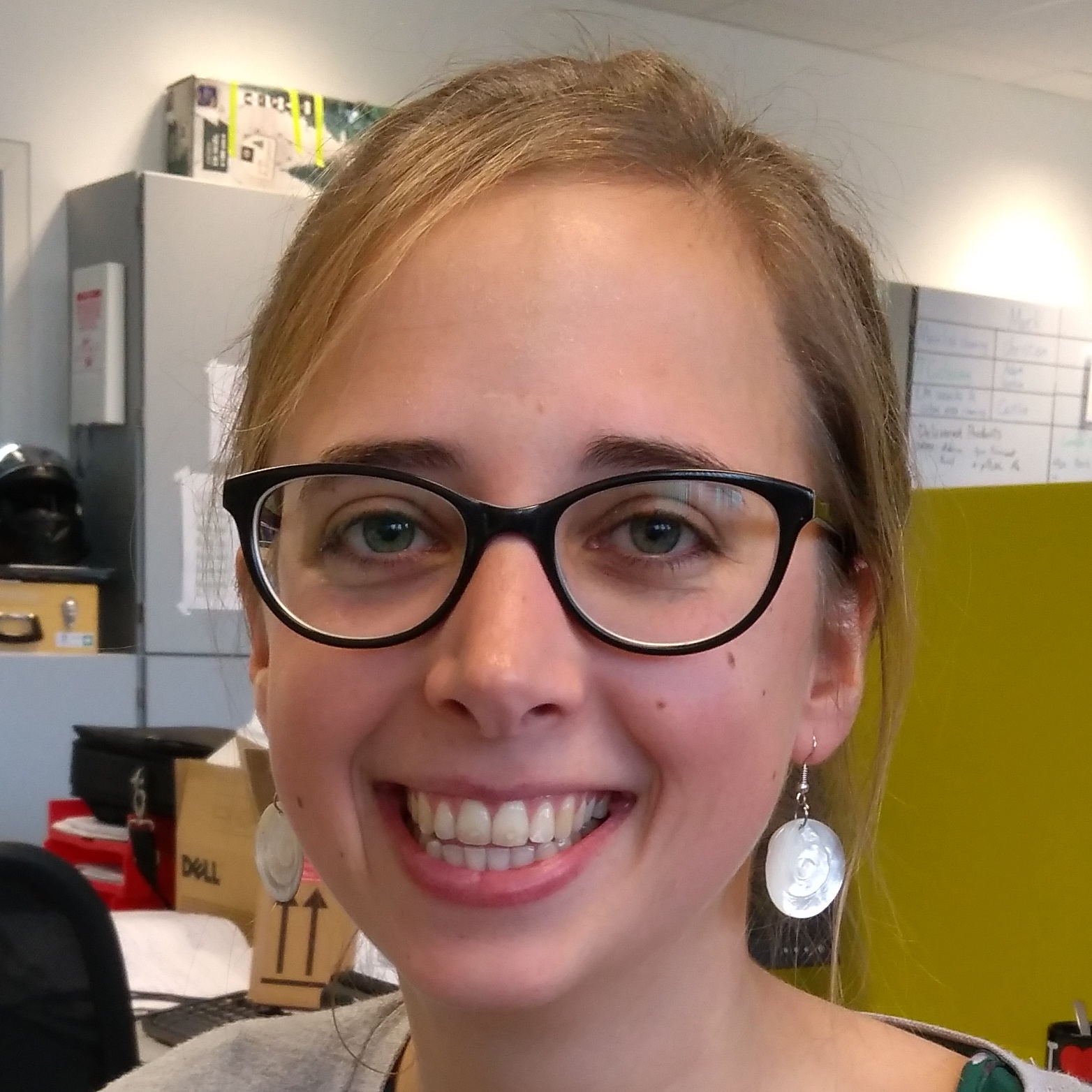 | 15:20 - 15:30 | Eva De Smedt (Ghent University, CRIG) Gene copy number analysis in genetically engineered mice: is ZEB1 (in)dispensable in breast cancer initiation? | ||
| 15:30 - 15:45 | Closing remarks | |||
| 15:45 - 16:15 | Send home coffee and last visits booths | |||
Dr Huggett read genetics in Liverpool University followed by a PhD in Cardiff University where he studied the transcription in bone disease. Particularly interested in the application of advanced molecular methods to clinical scenarios he moved to UCL in 2002 to take up a senior research fellow position with Professor Alimuddin Zumla. Here he investigated diagnostic approaches to infectious diseases in developing world settings before moving to LGC in 2009, while retaining an honorary lectureship at UCL, which he still holds. At LGC, which is the UK’s designated national measurement institute role for chemical and bio-analytical measurement, he has led a large number of molecular diagnostics, genomics and nucleic acid research projects. This work focuses on high accuracy measurement as well as strengthening the traceability of measurements that underpin legislation, regulation and standardisation. In 2016 Dr Huggett joined the University of Surrey as a Senior Lecturer and holds a joint appointment with LGC.
Corneel Heymanslaan 10, 9000 Gent
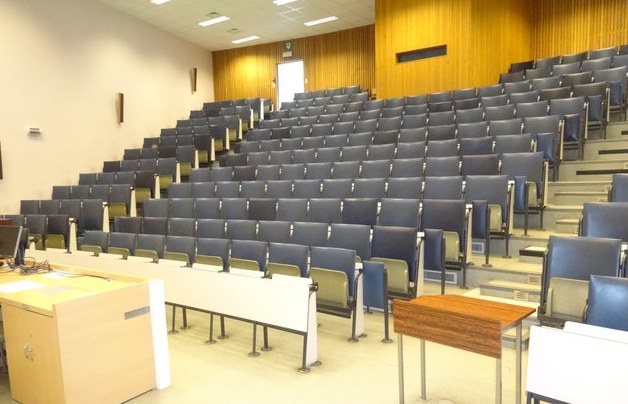
From train station Gent St-Pieters: tram 4 (every 6 minutes). Exit at UZ Gent, Corneel Heymanslaan
Via E40 and E17 highway. Take exit UZ Gent (9)